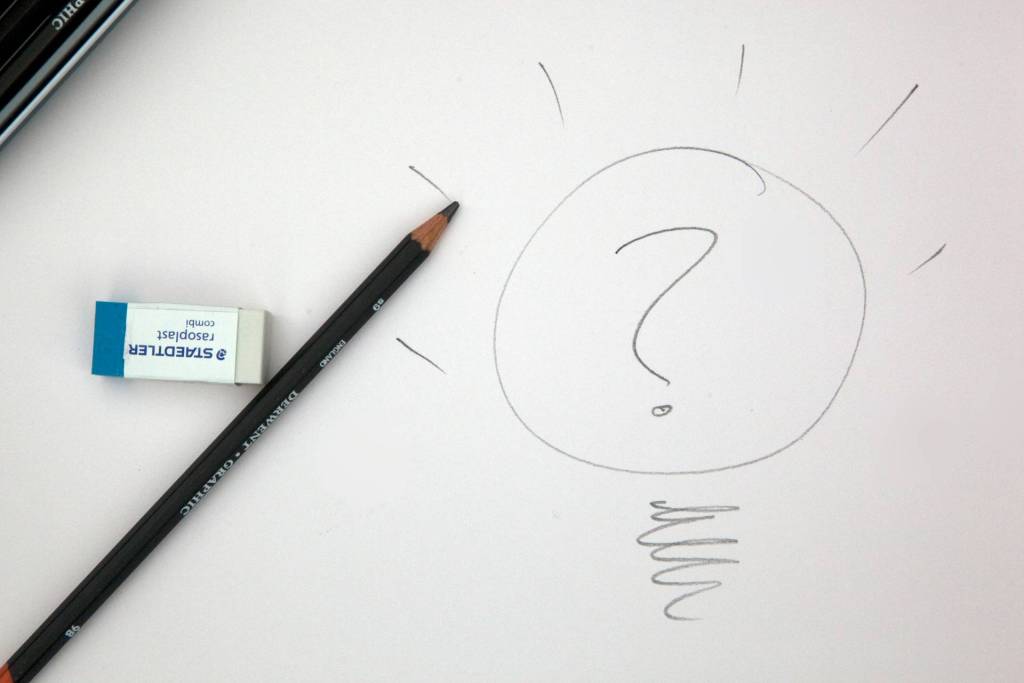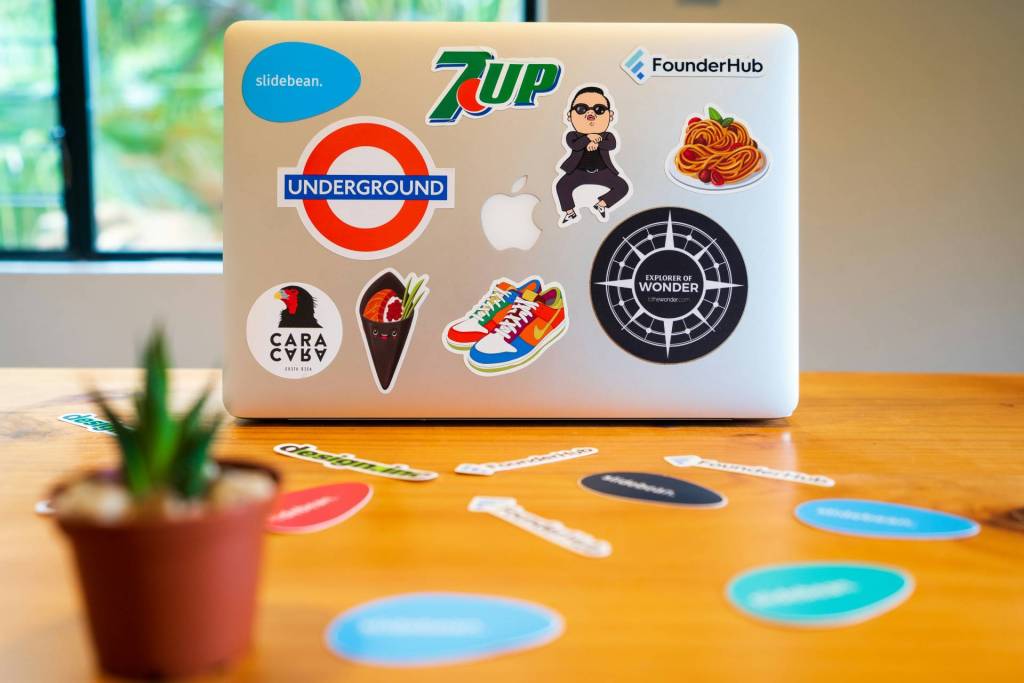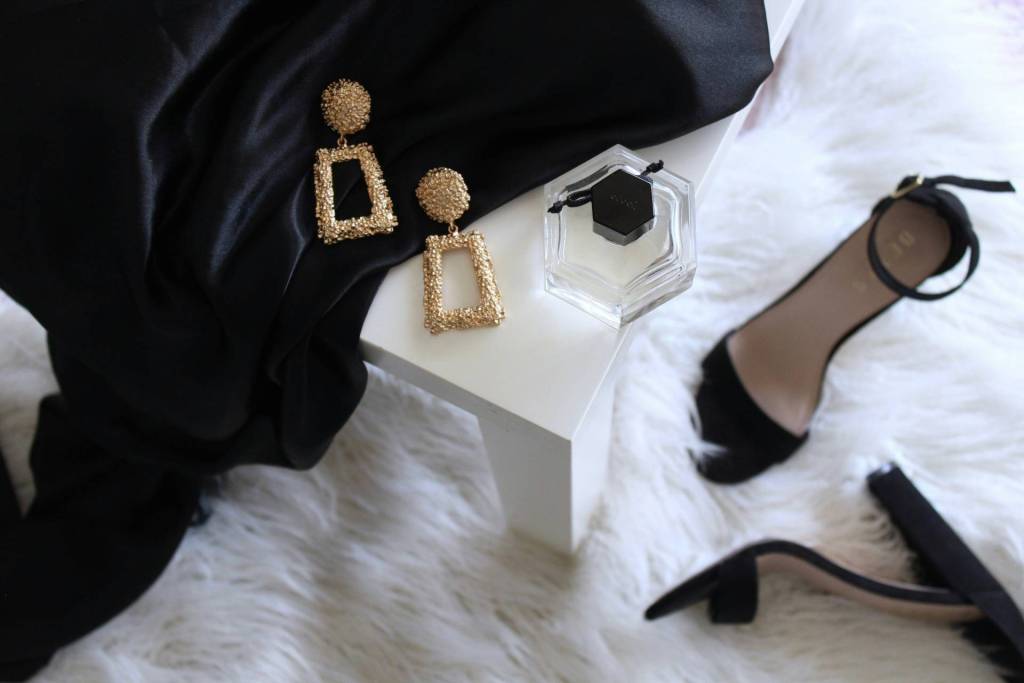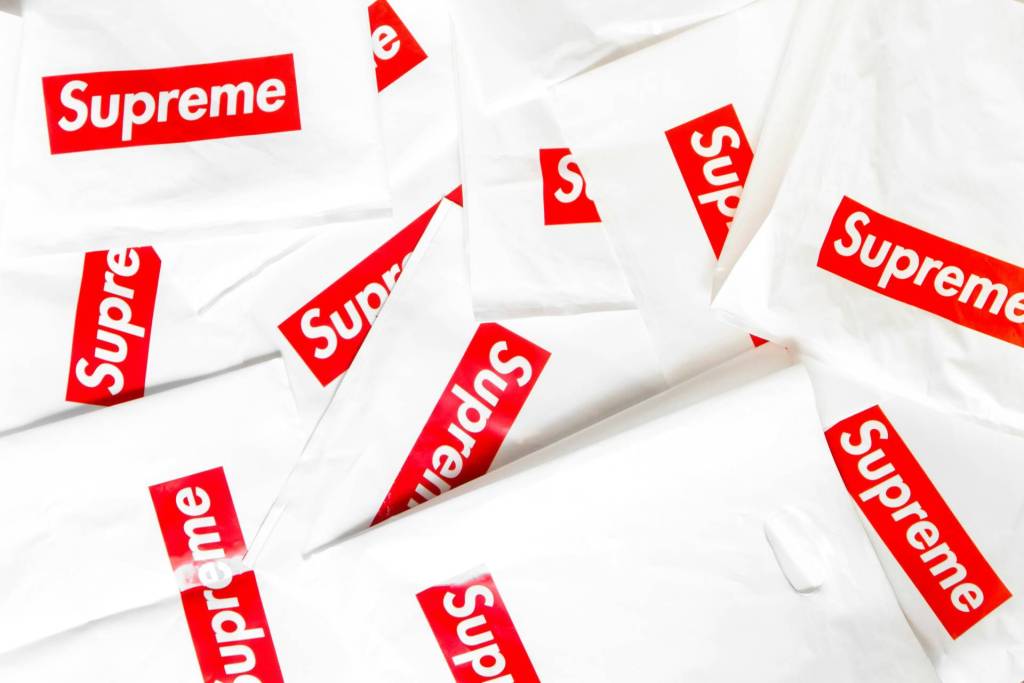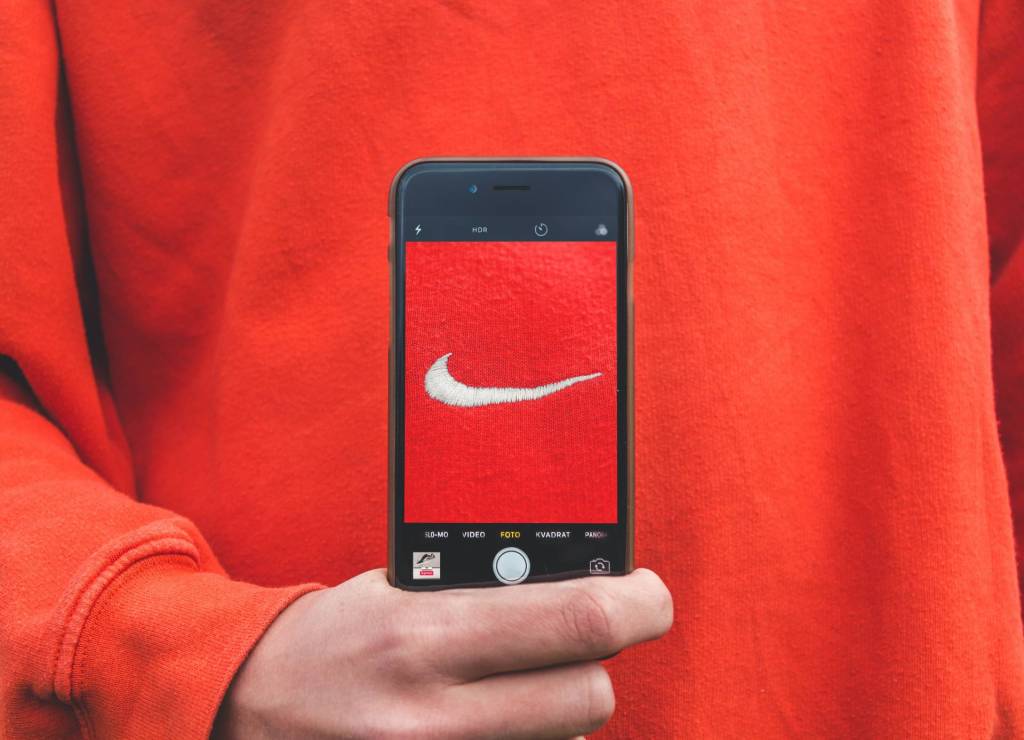Word-of-mouth marketing is an amazing way to ensure your chances of success at anything you do. With the advent of modern communication systems and instantly accessible online knowledge repositories, most communicators need to walk an increasingly thin line between the thrilling script and bitter reality. One of the most powerful tools used in story telling and your personal brand is the humble fact. While the definition of “fact” can be amazingly vague, we all know it for what it is. A fact is a simple truth that can be verified with impartial references. The problem is, most facts being thrown around these days don’t even fit the most basic definition of that term.
The challenge of the interesting storyline
Let’s face it though. We aren’t in 1980’s anymore. While communicators are often faced with the challenge of coming up with an interesting “storyline” to fit them, they also face an increasingly knowledgeable audience that can sometimes cut in and question their facts, as anyone with any kind of knowledge in word-of-mouth marketing will tell you. That sort of thing spells disaster for someone trying to build a reputation. Since reputation is key to any kind of ‘word-of-mouth marketing’ approach, anyone who misuses or distorts facts runs a serious risk of harming his entire future in the process.
Some people are really fond of saying, “it’s a proven fact that 90% of facts quoted are made up on the spot”. The irony and the cynicism of this particular “fact” demonstrates in detail why an unchecked fact can spread fast and be amazingly damaging at the same time. Most made up facts used in word-of-mouth marketing and posts, updates and tweets are used to sell a concept, an idea, a service, or a product.
Selling yourself at all costs?
In an instance where something is being sold, facts are invented and paraded around as genuine even when everyone can see that it’s patently false. While a falsified fact can pique the interests of many people, it offers only a temporary increase in interest until the audience figures out that you lied or sensationalized the information. Interestingly, your credibility nosedives beyond this point to depths it can never recover from. When you use falsified facts, you risk everything you have and you risk much more than you could ever hope to gain.
Nothing remain unverifiable
In this age of mobile internet devices, nothing remains unverifiable. This spells doom for those engaging enthusiasts that rely on made-up facts. These days, people can fact-check you instantly. If you take the risk of quoting an unverified or false fact, there’s a good chance that dozens of people will “out” you and the challenge of rebuilding your reputation is quick to become a priority. Worse, some people will immediately search for your “fact” and prove you wrong on the spot. To avoid such circumstances, here are some tips to check your facts and verify them before you go public with them.
Fact check resources
The internet is the best tool that you have at your disposal when you’re looking to verify facts. There are a number of websites that let you check facts. When you intend to use some facts in your speech, get them checked on websites like:
• factcheck.org
• snopes.com
• hoaxslayer.com
• truthorficiton.com
If you’re looking at facts in a very specific niche, it’s better to read up a lot on the background of the story or verify the facts with an industry expert and quote them along with the fact you’re mentioning. Facts keep updating all the time with changing scenarios. With this approach, you can at least be sure that your facts are as accurate.
You can never be 100% sure that no one will dispute the facts you quote. It’s best to have solid evidence and knowledge of the origins of the fact you’re quoting so you will have complete control over the discussion and be prepared when someone challenges you.
Author:
Maria Elena Duron, is managing editor of the Personal Branding Blog, CEO (chief engagement officer) of buzz2bucks.com – a word of mouth marketing firm. She helps create conversation, connection, credibility, community and commerce around your brand. Maria Duron is co-founder and moderator of #brandchat – a weekly Twitter chat focused on every aspect of branding that is recognized by Mashable as one the 15 Essential Twitter Chats for Social Media Marketers.


